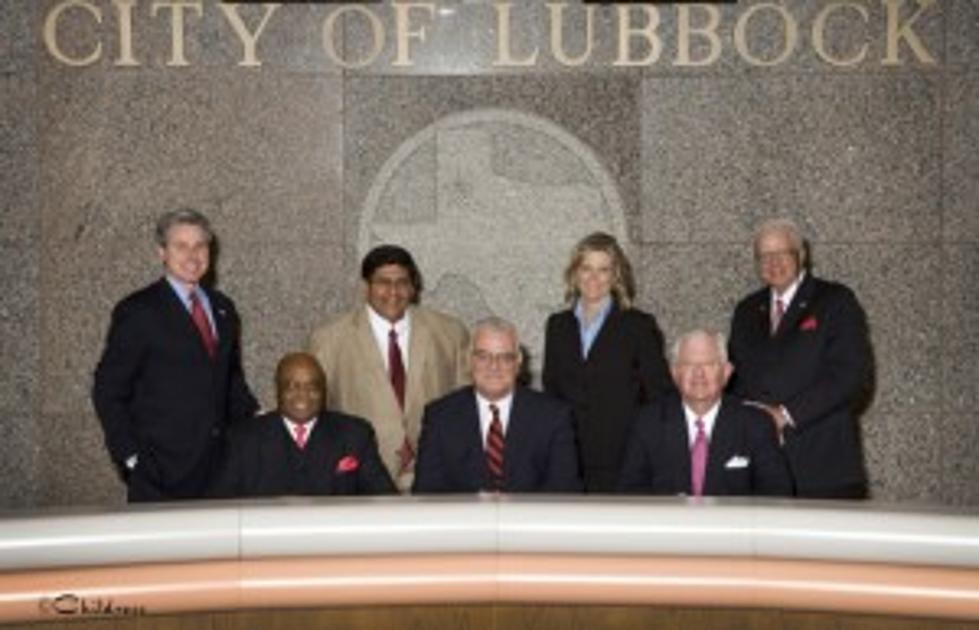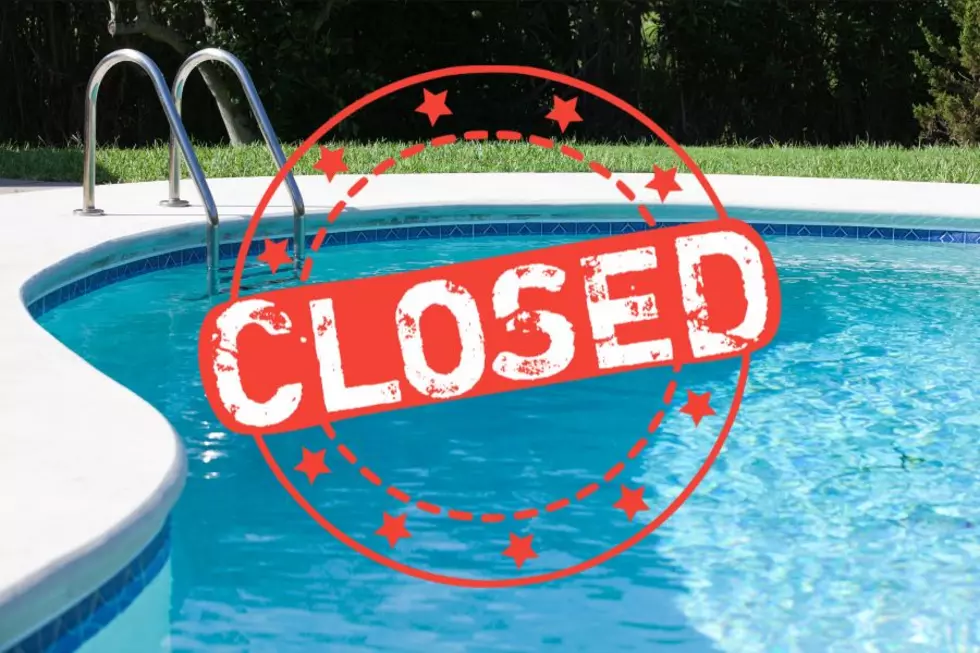
Controversy Surrounding District 1 Councilman Victor Hernandez Ends as City Council Closes Inquiry
At their meeting this week, the Lubbock City Council decided that there will be no further action on the tax saga involving District 1 Councilman Victor Hernandez.
KFYO News first reported in late January that Hernandez was delinquent on over $10,000 in property taxes on his downtown office building, located at 1114 10th Street. As Hernandez was elected and began his term, he was indebted to the city, which, according to the Lubbock City Charter, means he was ineligible to hold office.
Article 9, Section 4 of the City Charter states that “The Mayor, Councilmen, and other officers and employees shall not be indebted to the City…Any officer or employee of the City who shall cease to possess any of the qualifications herein required shall forfeit his office or position, and any contract in which any officer or employee shall or may become interested may be declared void by the Council.” and current state law specifies that an unpaid tax is a debt.
Hernandez paid the taxes on the building on February 7th.
The Lubbock City Council opted to have the issue reviewed by Lubbock County District Attorney Matt Powell. Powell said that the language of the section of the City Charter under scrutiny could be unconstitutional, according to a small number of similar cases decided in court.
The council had the option of requesting that Texas Attorney General Greg Abbott’s office review and present the case, but decided that there will be no further action on the matter involving Hernandez.
After the meeting ended, Mayor Tom Martin said “The council decided in an executive session meeting with Bob Craig, our outside council, decided at this point, the issue involving Mr. Hernandez’s eligibility to serve on the council is concluded. Since the district attorney declined to prosecute the case in a district court, we really have no other option at this point.”
Martin continued, saying “Mr. Craig also believes that there may be some problems with the way the charter is worded, and he also believes that there may be some prohibitions in state law which may keep us from being able to take any action. A lot of things have to be researched.”
Martin elaborated further with some conclusions and vague future actions, saying “The council, as a result of the executive session, I think it’s fair to say, has two opinions. Number one is that everyone on the council believes that you should pay your property taxes if you’re going to serve as a member of the city council. With that though, we also believe that whatever we structure has to be enforceable in court, and so therefore we’ve asked Mr. Craig to do some further study on the issue. It may involve amendments to the charter, although that’s not certain. It may involve some changes to the city’s personnel policies, but we’ve asked him to look at all those possibilities, and report back to the council at an appropriate time.”
Local attorney Bob Craig was hired by the city to review the matter, after it was discovered that City of Lubbock Attorney Sam Medina also had unpaid property taxes for three months while serving in his current position. Medina owed back taxes for 2006 and 2007 on a rental property he owned, and did not pay them until December 2009, after serving as city attorney for three months.
Hernandez had faced similar scrutiny before. In 2002, during a previous term on the city council, Hernandez owed back property taxes, but again, there was uncertainty over whether or not unpaid taxes were considered to be a debt.
In mid-February, Hernandez announced that he was putting his downtown office building up for sale. He was asking $737,000 for the 13,000 square-foot Ralli House, which houses his law office.
More From News/Talk 95.1 & 790 KFYO









